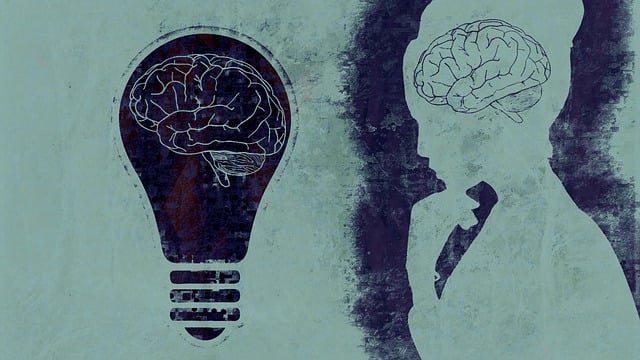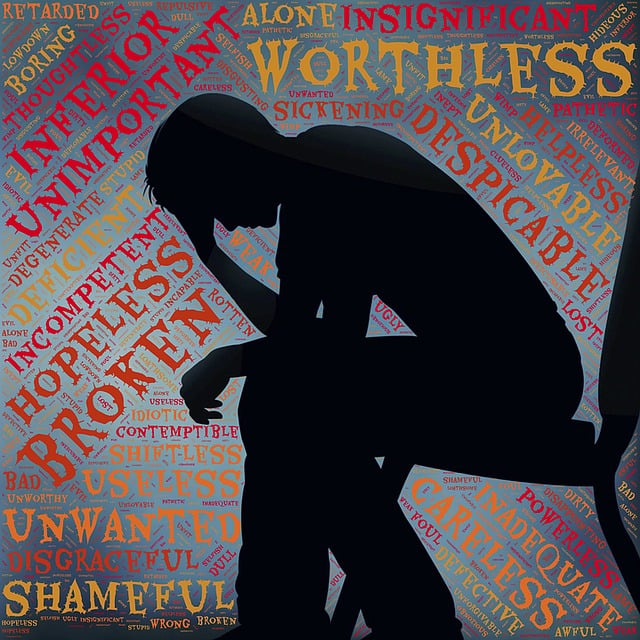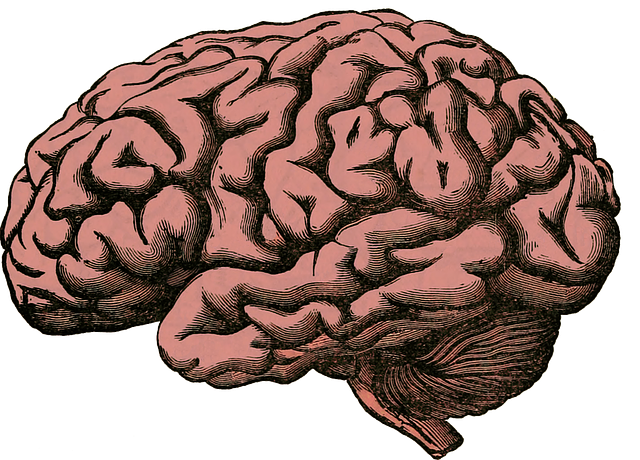Highlands Ranch Post-Traumatic Stress Disorder (PTSD) Therapy focuses on tailored mood regulation strategies for optimal mental well-being. By combining evidence-based therapies, community outreach, and self-care practices, individuals gain tools to manage stress, anxiety, and traumatic memories effectively. Daily emotional stability through techniques like mindfulness and cognitive reframing, coupled with a supportive community, reduces stigma and encourages help-seeking for improved mental health and quality of life.
Mood regulation strategies are essential tools in managing various mental health conditions, particularly post-traumatic stress disorder (PTSD). In this article, we explore effective approaches to stabilizing moods daily. We begin by understanding the fundamentals of mood regulation and its significance. Subsequently, we delve into specific techniques employed in Highlands Ranch Post-Traumatic Stress Disorder Therapy, focusing on how these strategies manage and stabilize moods. By examining these methods, readers can gain valuable insights for their own well-being.
- Understanding Mood Regulation Strategies
- Highlands Ranch Post-Traumatic Stress Disorder Therapy: A Focus on Mood Management
- Effective Techniques for Daily Mood Stabilization
Understanding Mood Regulation Strategies

Understanding Mood Regulation Strategies is a pivotal step towards achieving and maintaining mental well-being. At Highlands Ranch Post-Traumatic Stress Disorder Therapy, we recognize that each individual’s path to emotional balance is unique. Therefore, our approach to mood regulation focuses on personalized strategies tailored to address specific needs. By incorporating effective coping skills development, we empower clients with tools to navigate life’s challenges and manage their emotions healthily.
This process involves a multi-faceted approach, including the integration of self-care routine development for better mental health. We encourage clients to participate in community outreach program implementations that foster social connections and support systems. By integrating these strategies into daily life, individuals can enhance their ability to cope with stress, anxiety, and other emotional difficulties, ultimately leading to improved overall mental health and quality of life.
Highlands Ranch Post-Traumatic Stress Disorder Therapy: A Focus on Mood Management

Highlands Ranch Post-Traumatic Stress Disorder (PTSD) Therapy offers a specialized approach to mood management for individuals dealing with this condition. The therapy focuses on helping clients understand and regulate their emotional responses, providing them with effective coping mechanisms to navigate the challenges of PTSD. Through evidence-based techniques, therapists assist in processing traumatic memories while teaching mindfulness strategies to manage intense emotions.
This therapeutic approach goes beyond traditional talk therapy, integrating various methods such as exposure therapy and cognitive behavioral therapy (CBT). By combining these techniques, healthcare providers in Highlands Ranch can effectively support clients in building resilience against burnout, a common issue among those with PTSD. Moreover, the Mental Wellness Podcast Series Production can play a crucial role in amplifying awareness about these strategies, offering accessible information to a wider audience, including those seeking alternative burnout prevention strategies for healthcare providers.
Effective Techniques for Daily Mood Stabilization

Maintaining a stable mood on a daily basis is essential for overall well-being, and there are several effective techniques to achieve this. One powerful approach is through therapy, specifically designed to help individuals manage their emotions and experiences, such as those seeking Highlands Ranch Post-Traumatic Stress Disorder (PTSD) Therapy. This form of treatment equips people with coping skills development, enabling them to navigate life’s challenges with resilience.
Incorporating crisis intervention guidance into daily routines can be a game-changer for emotional stabilization. Techniques like mindfulness meditation, deep breathing exercises, and cognitive reframing help individuals recognize and regulate their emotions. By fostering mental illness stigma reduction efforts, these practices not only improve mood but also promote a sense of community and support, making it easier to seek help when needed.
Mood regulation strategies, such as those offered through Highlands Ranch Post-Traumatic Stress Disorder Therapy, play a pivotal role in managing emotional well-being. By combining techniques from various approaches, individuals can effectively stabilize their daily moods and lead more fulfilling lives. Incorporating these strategies into daily routines empowers folks to navigate life’s challenges with resilience and enhanced emotional balance.











